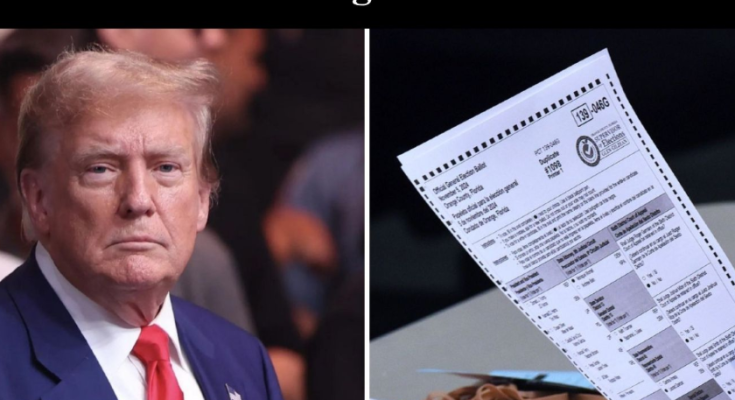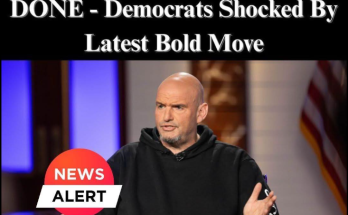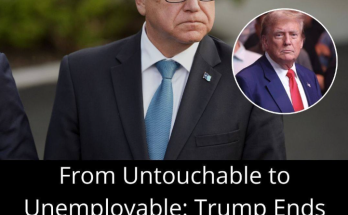
This article may contain commentary
which reflects the author’s opinion.
The Missouri Supreme Court is weighing the future of the state’s voter photo identification requirement, along with new restrictions on voter registration and absentee ballot applications. Judges heard arguments in two separate cases on Wednesday that challenge different parts of a 2022 elections law.
One case focused on the law’s photo ID mandate, while the second centered on additional restrictions tied to voter registration and absentee ballot outreach, NPR reported. Attorneys for the plaintiffs in the photo ID challenge asked the court to overturn a lower court ruling that upheld the requirement.
A central dispute in the case is whether the plaintiffs have standing to sue.
Judge Mary Russell pressed plaintiff’s attorney Jason Orr to clarify whether the individuals involved were able to obtain government photo IDs and vote.
Orr, with the ACLU of Missouri, said the plaintiffs did vote but argued the legal issue is the difficulty they faced in securing the required IDs.
“This court and other courts in fact have held that the ability to vote is not the burden that courts look at,” Orr said. “It’s the abridgement of the right to vote, which can be the obstacles in doing so.”
Solicitor General Lou Capozzi, representing the state, countered that Missouri voters laid the foundation for the photo ID requirement when they approved a constitutional amendment giving lawmakers the power to enact such a law.
Capozzi said the amendment passed with 63% support even after groups like the NAACP argued the requirement was too burdensome.
“Those groups made all the same policy and legal arguments that this court has heard today, including that it is too burdensome to obtain a government issued photo ID,” Capozzi said. “But the people rejected those arguments.”
Capozzi also insisted the plaintiffs lack standing to bring the case.
“Although appellants claim that large numbers of people will be unable to vote under HB1878, they could not present the trial court with a single person actually unable to vote due to the law,” Capozzi said.
Chief Justice W. Brent Powell challenged that point and questioned how the lower court’s ruling could be affirmed if the plaintiffs have no standing at all.
“That’s an argument that the opposing counsel raises, that if there is no standing, how is it that we can affirm the lower court’s ruling that the bill is constitutional?” Powell asked.
Speaking after the hearing, Missouri NAACP President Nimrod Chapel Jr. said the state is again defending legislation that makes it harder for citizens to vote.
“The idea that you would stifle and criminalize the ability of people to request or suggest that other citizens participate in the voting process, it astounds me,” Chapel said. “It’s befuddling. It’s surprising and shocking.”
If the Supreme Court upholds the lower court’s decision in the first case, the photo ID requirement will remain in place.
The justices also heard a second case on Wednesday involving other portions of the same 2022 law that deal with voter outreach and registration.
At issue are provisions that bar compensating workers for seeking out voter registration applications, require registration workers to be Missouri voters over the age of 18, and prohibit efforts to solicit absentee ballot applications.
In contrast to the first case, the state is asking the Supreme Court to overturn a circuit court ruling that struck down those provisions as unconstitutional.
Arguing for the state, J. Michael Patton said the challenged sections are essential to preserving fairness and order in elections.
“There must be substantial regulation of elections if they are to be fair and honest, and if some sort of order is to accompany the democratic process,” Patton said. “The challenged statutes are fundamental to guarding the democratic process.”
Kristin Mulvey, with the ACLU of Missouri, said the restrictions violate core political speech.


